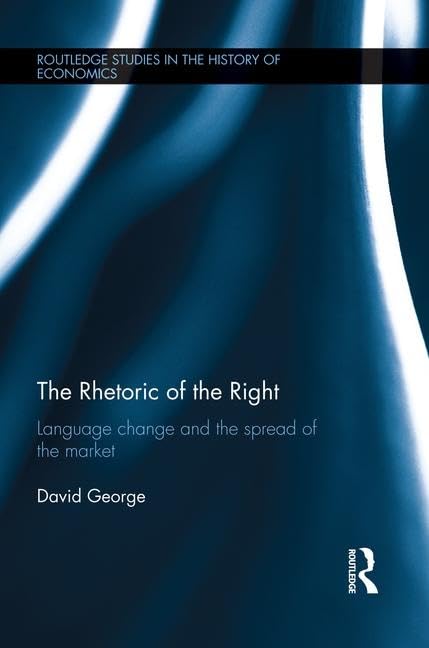This study seeks to demonstrate the subtle ways in which changes in the language associated with economic issues are reflective of a gradual but quantifiable conservative ideological shift. In this rigorous analysis, David George uses as his data a century of word usage within The New York Times, starting in 1900. It is not always obvious how the changes identified necessarily reflect a stronger prejudice toward laissez-faire free market capitalism, and so much of the book seeks to demonstrate the subtle ways in which the changing language indeed carries with it a political message. This analysis is made through exploration of five major areas of focus: “economics rhetoric” scholarship and the growing “behavioral economics” school of thought; the discourse of government and taxation; the changing meaning of “competition,” and “competitive”; changing attitudes toward labor; and the celebration of growth relative to the decline in attention to economic justice and social equality.
The Rhetoric of the Right (Routledge Studies in the History of Economics)
$64.99
This book provides an academic analysis of the intersection of language, economics, and political ideology.
Additional information
| Weight | 0.295 lbs |
|---|---|
| Dimensions | 15.6 × 1.2 × 23.4 in |






Reviews
There are no reviews yet.